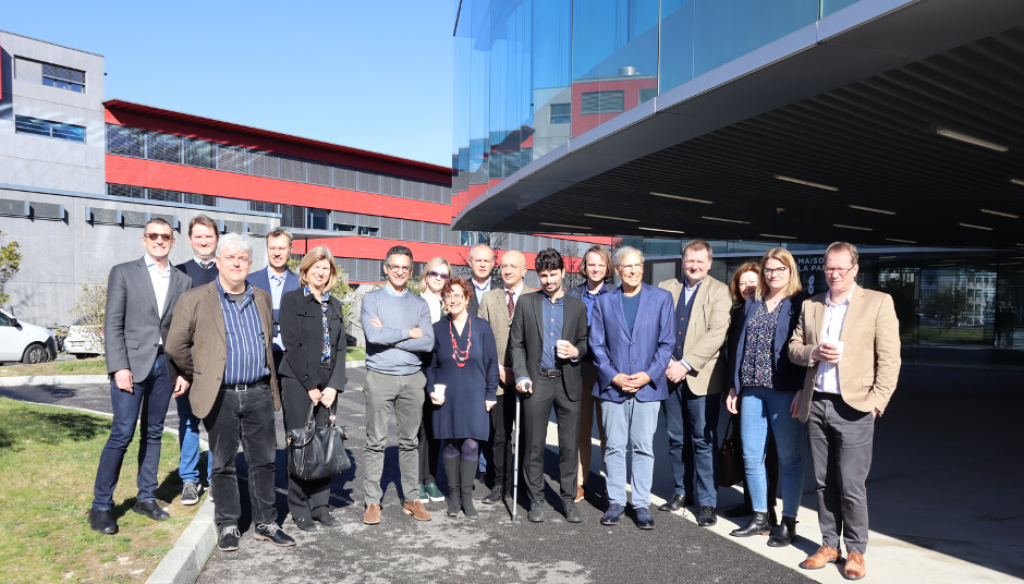This podcast produced by Mona Bieling and Emmanuel Dalle Mulle focuses on some highlights from the international conference on “Nationalism, sovereignty and homogeneity between the two world wars”, co-hosted by the Albert Hirschman Centre on Democracy from 27-28 February 2020.
Listen to the podcast here.
The conference convened by Davide Rodogno (Professor of International History and Affiliated Faculty of the Democracy Centre) with Dr. Emmanuel Dalle Mulle and doctoral researcher Mona Bieling, was organised as part of the “Myth of Homogeneity” project with the collaboration of the Albert Hirschman Centre on Democracy and the support of the Swiss National Science Foundation and the Pierre du Bois Foundation.
18 specialists of late 19th and early 20th century European history came together to discuss intergroup relations and, more specifically, minority-majority relations in interwar Europe. The papers analyzed the complexity of the issues around “minorities” in this period while addressing various aspects of minority-majority relations in European countries from a broad comparative perspective, or examining specific cases. Some papers questioned the appropriateness of using the categories of “majority” and “minority” to refer to different kinds of collectivities. Yet others followed minority representatives and other individuals concerned with questions of minorities across borders and into interwar international organisations and networks of activism.
The conference highlighted how after the Treaty of Versailles, whether in the so-called “civilised West” or the “backward East”, European states tended to fit the populations living within their borders into neat ethno-cultural categories and to promote homogeneity through a wide range of nation-building strategies. Minority representatives and organisations were vocal in denouncing violations of minority rights and fought for better protection of their cultural specificities. But often ended up exaggerating the importance of group identity for the populations they claimed to speak for and the homogeneity of each minority. At times, ordinary people followed the injunction of minority representatives; sometimes, however, they showed signs of 'national indifference' and based their behaviour on considerations and interests not directly linked to their purported national identity—of which in many cases they were not even aware. The rich, and sometimes contradictory, tapestry of perspectives woven by the different panels highlighted the need for a multi-dimensional approach to interwar intergroup relations; one taking into account different actors, contexts and motivations for action. Apart from advocating such a ‘multi-dimensional’ approach, the conference also contributed to bridging the East-West Europe divide currently existing in the literature, whereby minority issues are still implicitly considered as a “Question of Eastern Europe” (to quote the title of a famous interwar work on the subject) while the international history of majority-minority conflicts in Western Europe remains in its infancy.
The keynote address was given by Eric D. Weitz, Distinguished Professor of History at City College and the Graduate Center, City University of New York. Entitled “A World Divided: The Global Struggle for Human Rights in the Age of Nation-States”, it was introduced by Christine Lutringer and moderated by Mona Bieling.
Watch the video of the event below.


